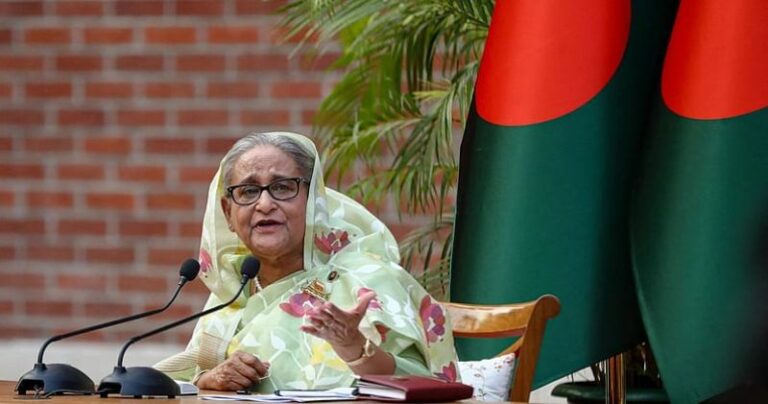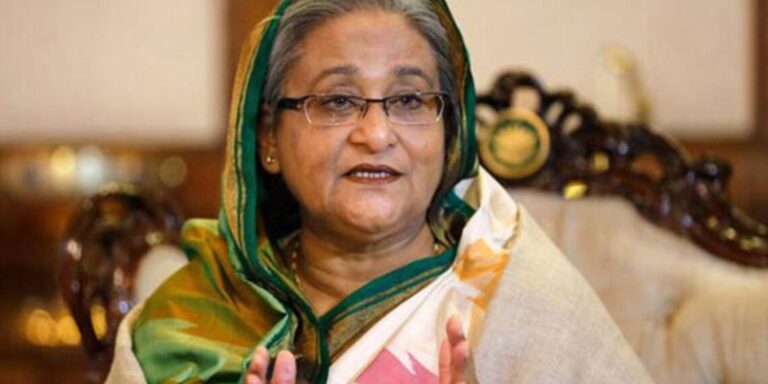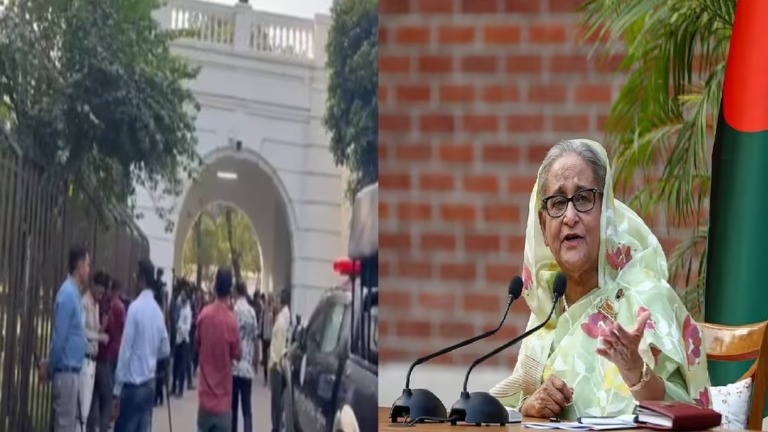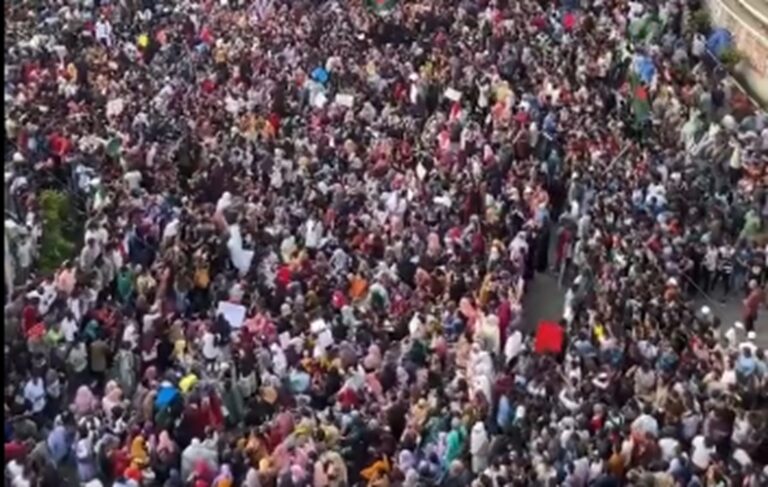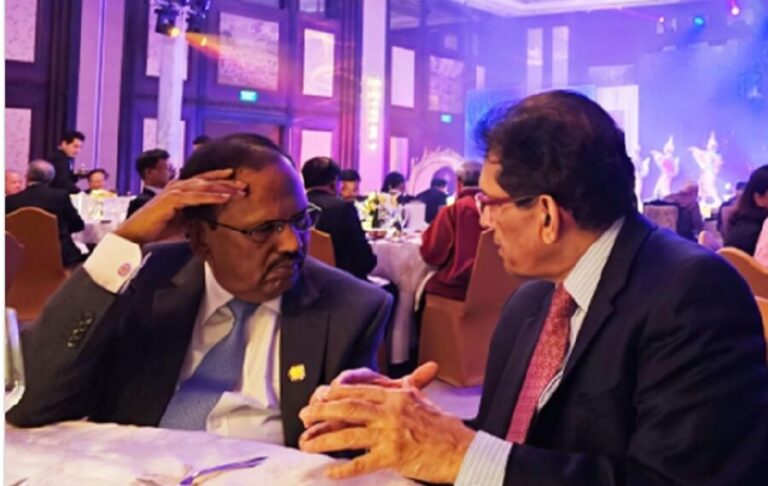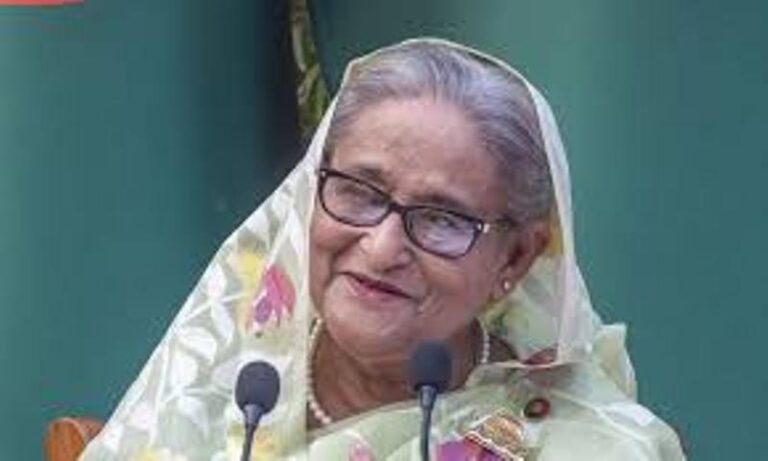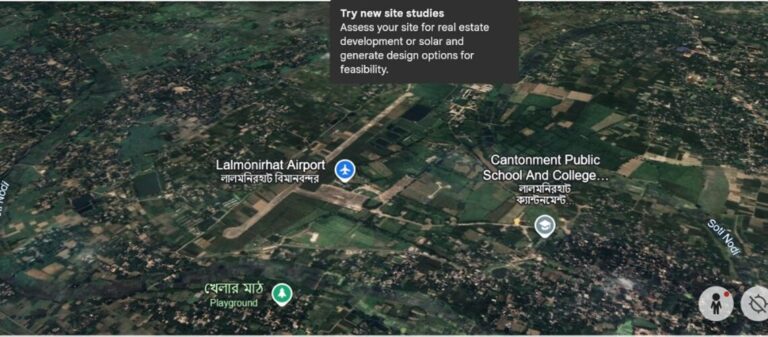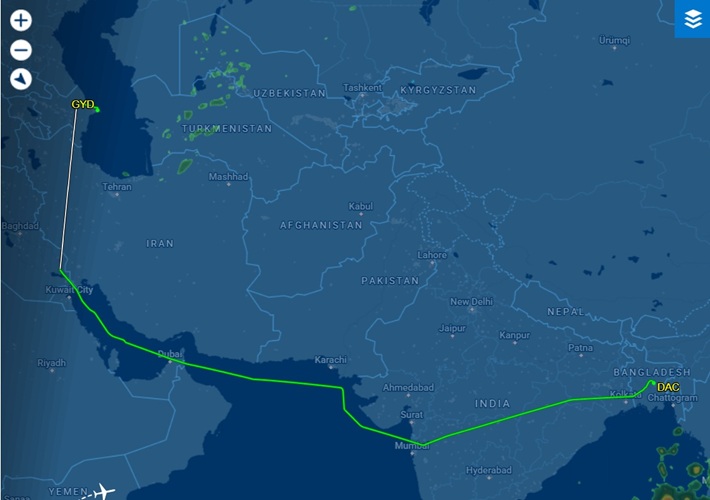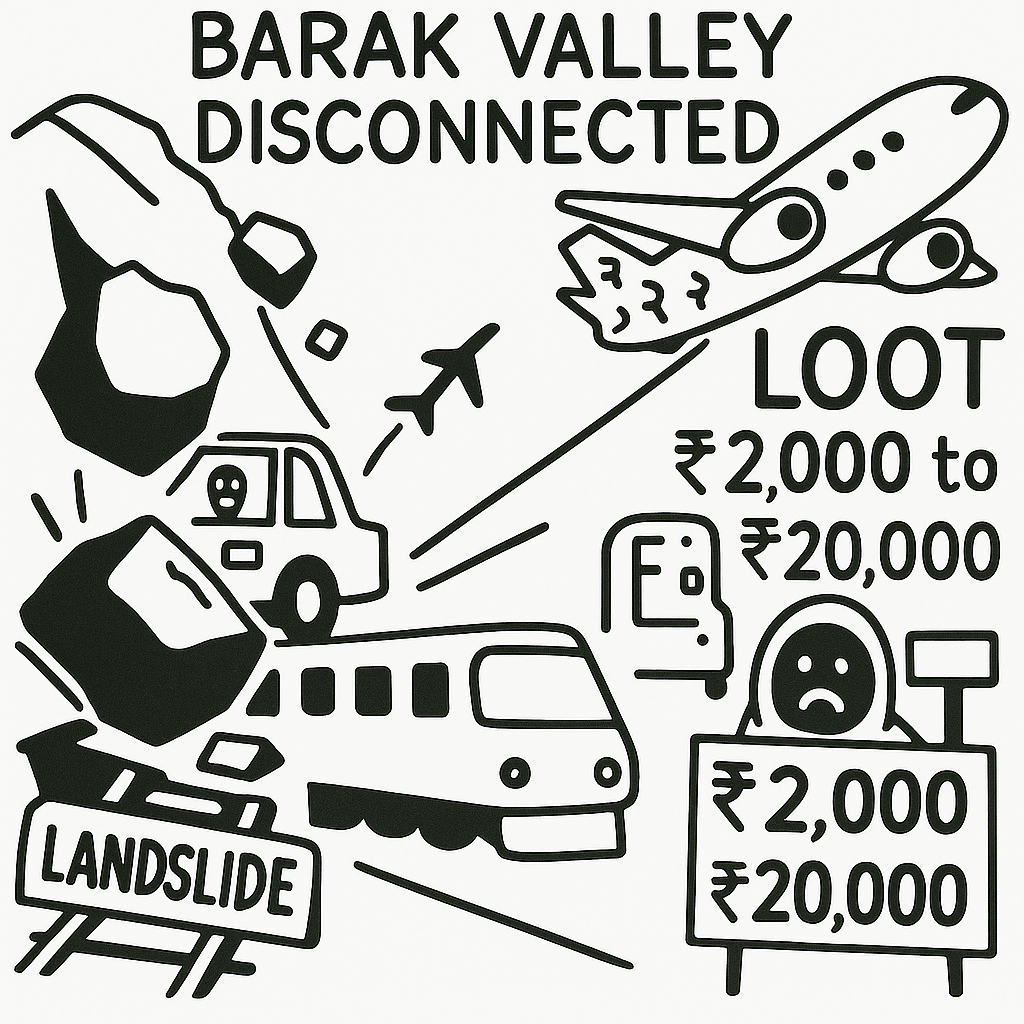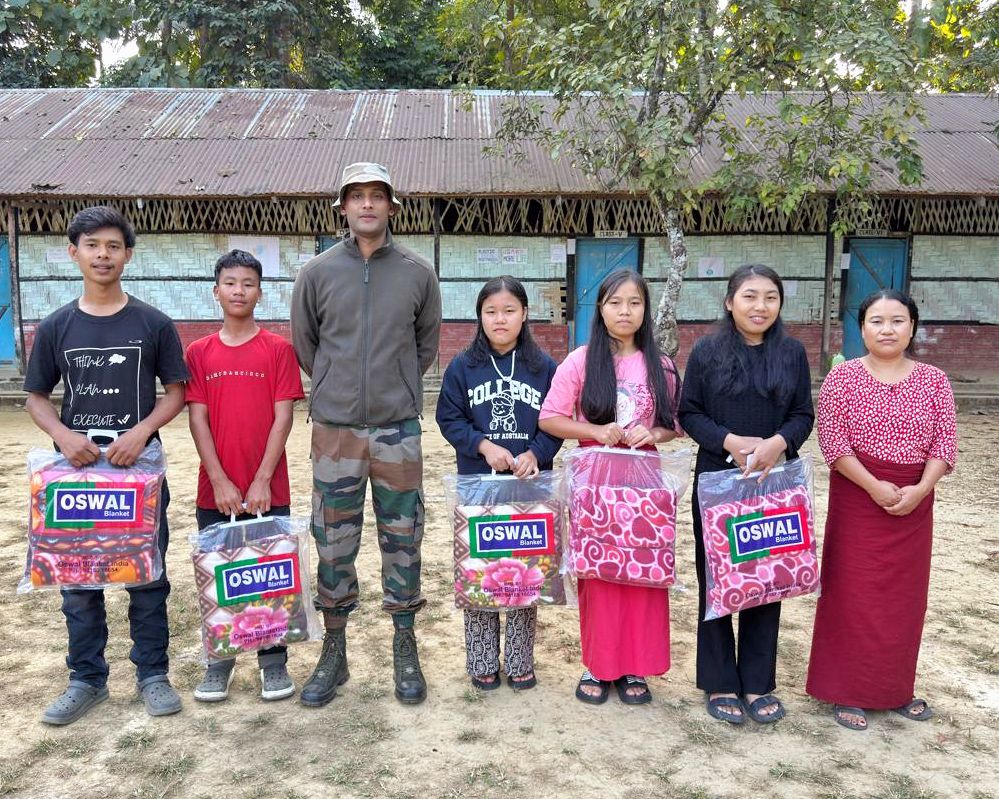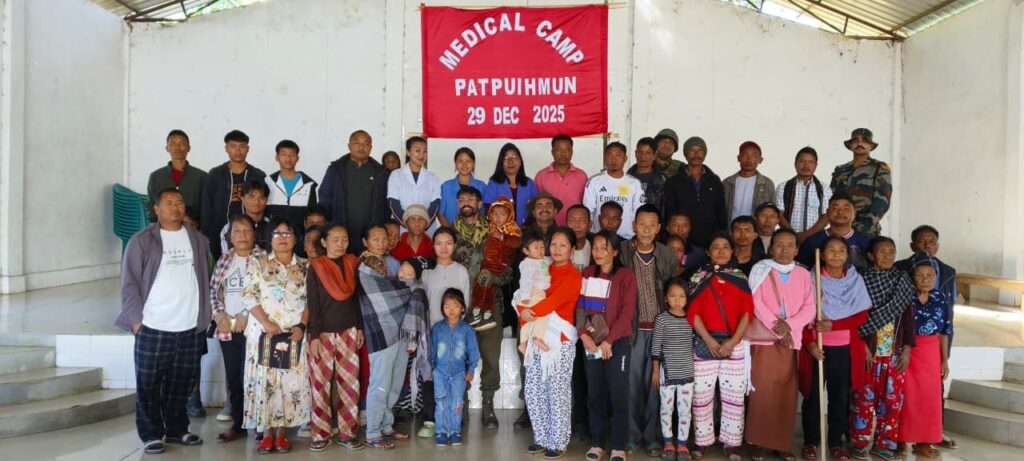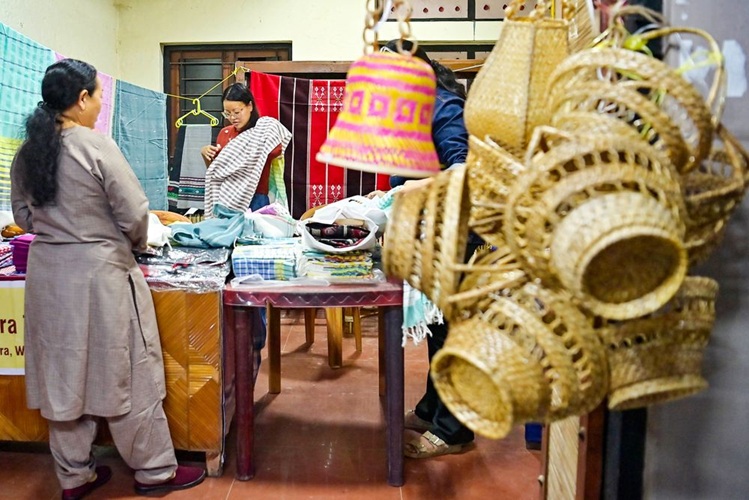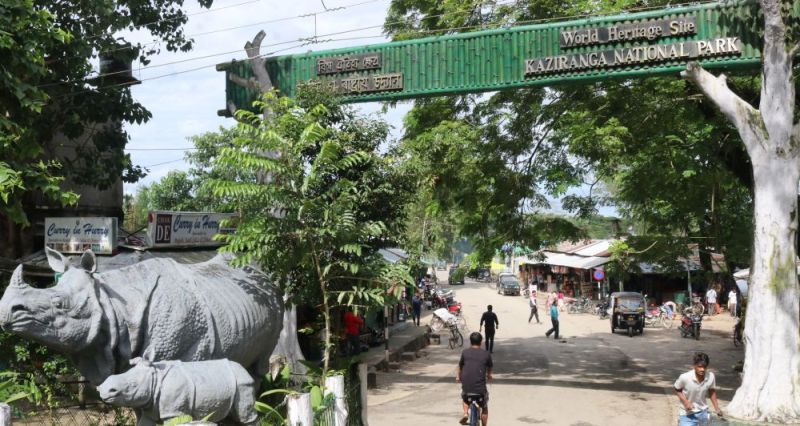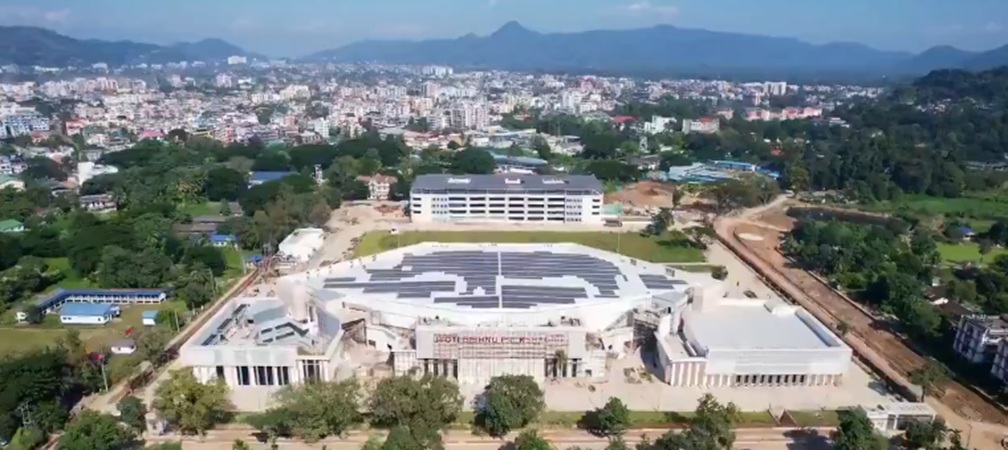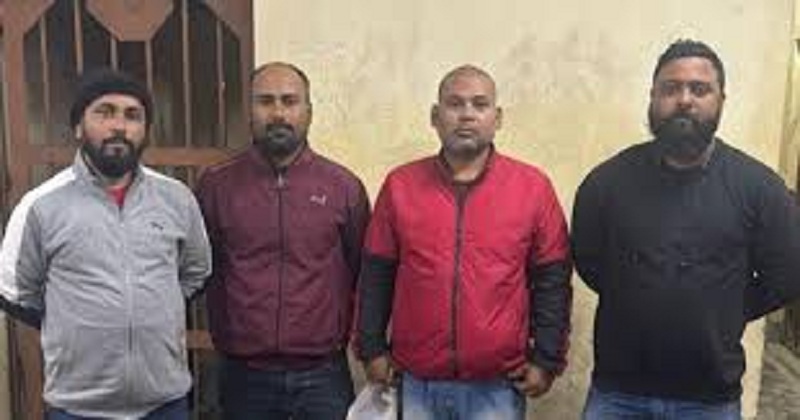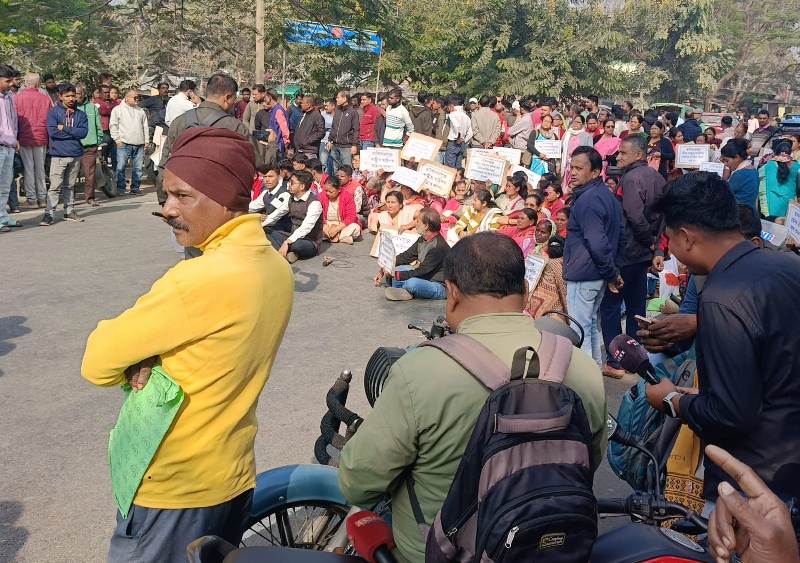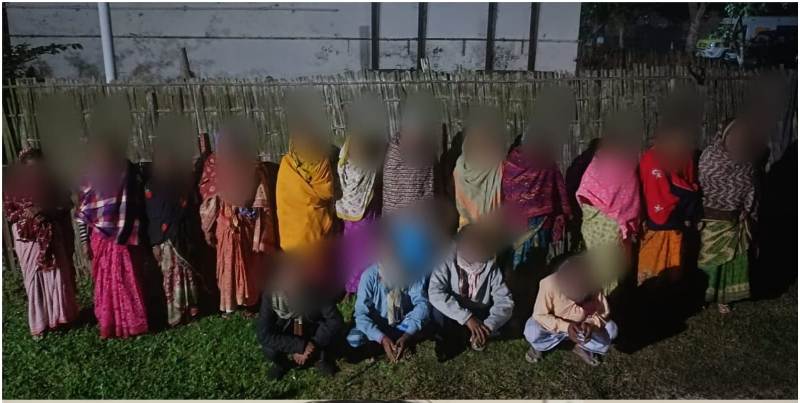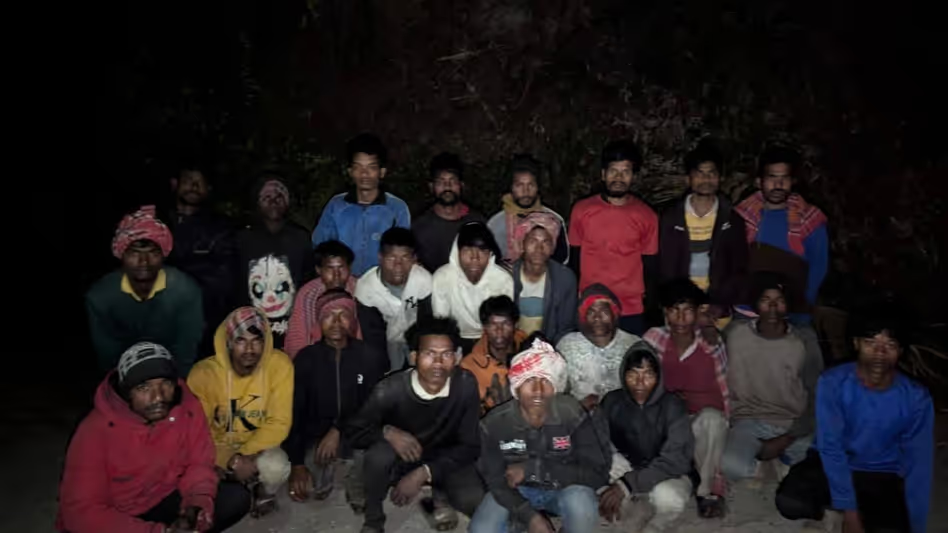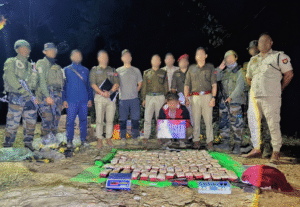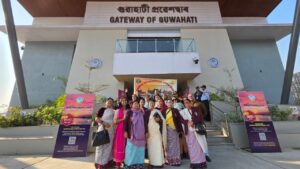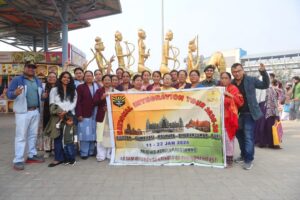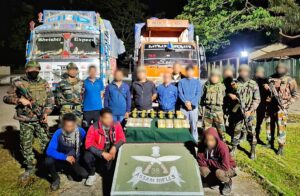“Bangladesh’s defence forces stand in violation of their own promise to not use the Lalmonirhat airfield for “military purposes”, a commitment that was made by the then Brigadier General Nazim-ud-Daula in a press conference on May 26, 2025. The brigadier was promoted to major general rank on September 1 and has since been serving as General Officer Commanding (GOC), 33rd Infantry Division and Area Commander, Comilla.
Replying to an unstarred question in the Lok Sabha on August 8, Minister of State for External Affairs Kirti Vardhan Singh said categorically that ‘The Government of India has noted reports concerning the Lalmonirhat airbase in Bangladesh’.
The minister went on to state that it also ‘noted a press briefing on 26 May 2025 by the Director of Military Operations of Bangladesh Army, in which it has been stated that there are no plans at present for the Lalmonirhat airfield to be used for military purposes. The Government of India continues to monitor all developments having a bearing on national security and takes all necessary measures to safeguard it’.
However, as recently as October 19, Northeast News brought to light the construction of a massive hangar at Lalmonirhat airbase which is just about 16 kms from India’s sensitive ‘Chicken’s Neck’ or the Siliguri Corridor in North Bengal.
Subsequently, reports emerged that the Bangladesh armed forces were also planning to install a new radar unit as part of an air defence system at Lalmonirhat airbase.
While Dhaka-based security sources revealed that the ‘upgraded’ Lalmonirhat airbase could act as a site for missile launches close to the India-Bangladesh international border, there are reports that Bangladesh’s Army Aviation Group had larger plans to use the airfield as a new base for military-grade drones procured from Turkey and China.
There is no independent confirmation to suggest that India has officially protested the Bangladesh military authorities’ unilateral move to upgrade Lalmonirhat airbase.
Despite the visit of the Indian Military Intelligence team, work on the hangar continued. On November 6, the hangar’s roof and bay walls had been placed. Besides, equipment for the new radar system, including a wide-bodied antenna, has already been transported inside the airbase.
The Bangladesh armed forces’ hurry to upgrade the two old airbases led the Indian Army to quickly identify land and establish three new battalion-strong garrisons at Chopra in North Dinajpur in West Bengal, Bamuni in Dhubri district of Assam, and Kishanganj near the ‘Chicken’s Neck’ in Bihar.”



